Bookshelf
Here are some of the books I have read lately. The list is also mirrored at goodreads.com/rakhim.
2020
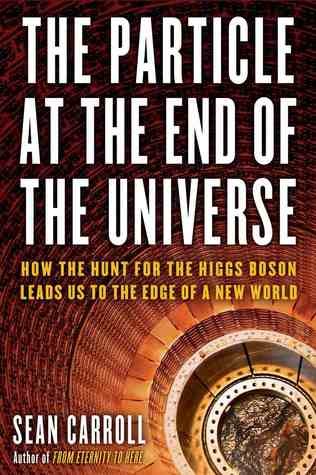
★ The Particle at the End of the Universe, by Sean Carroll
Captivating story of the discovery of Higg's boson. I'm still devouring all the content produced by Sean Carroll. His talent of explaining modern physics in a humane way is shown in this book as well as his other books, podcasts, youtube videos and lectures.
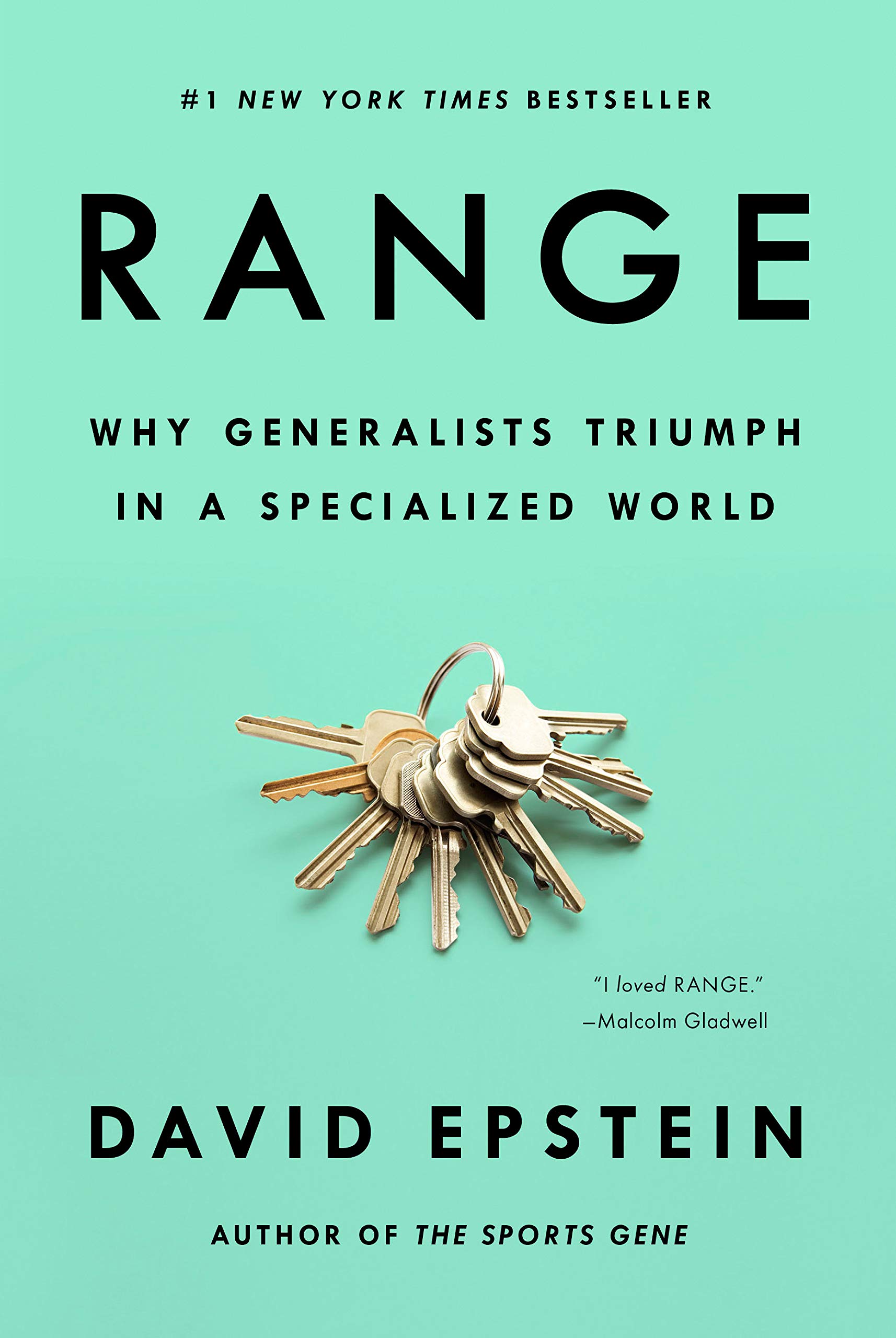
★ Range: Why Generalists Triumph in a Specialized World, by David Epstein
A compelling overview of research concerned with performance of generalists — those people who, despite the common wisdowm, are not trying to become niche specialists. This book is so damn interesting! The author relentlessly describes history, modern research, observations and statistics, while maintaining an aproachable and geniounely curiosity-endusing style.
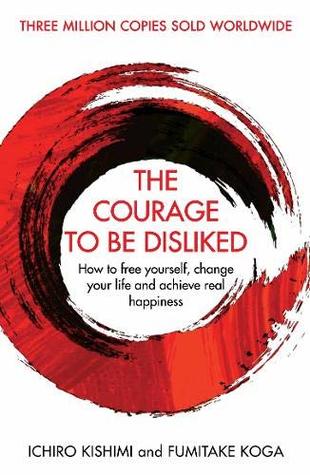
The Courage to Be Disliked, by Ichiro Kishimi, Fumitake Koga
I love books that explore and explain the works of philosophers in fresh, aproachable ways. Especially those works that are meant to liberate oneself. Don't let the self-help-y title of the book distract you: it's a very good read.
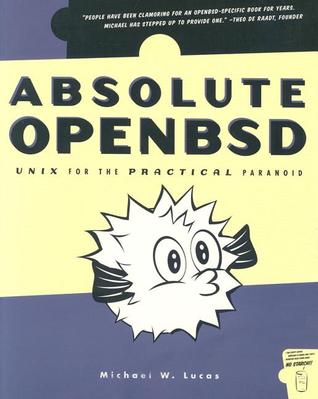
Absolute OpenBSD: Unix for the Practical Paranoid, by Michael W. Lucas
THE book if you want to learn OpenBSD. Very detailed, very thorough, doesn't expect much of prior knowledge, yet doesn't dwell on unimportant stuff.
last update above on 02.11.2020
2019
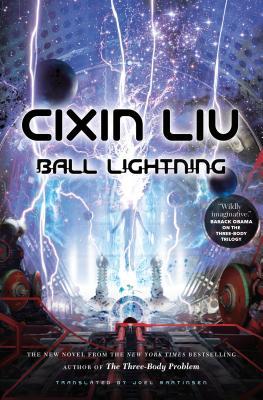
Ball Lightning, by Liu Cixin
I was so excited to start another Liu Cixin's book after finishing The Three Body Problem. It starts very slowly, and I almost gave up. Then it speeds up and, omg, quantum mechanics, new ideas, so, so promising and fascinating… and then boom, it completely disintegrated in my eyes. It takes the most woo-woo pseudo-quantum-mechanics approach possible and talks about conscious observers affecting the quantum states. Close your eyes or the state is gonna collapse!
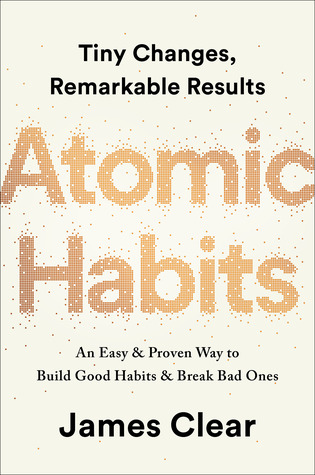
Atomic Habits, by James Clear
I don't know… Neither this nor another popular book about habits (How Habits Work by Charles Duhigg) were particularly interesting to me. There's just isn't that much mechanics involved in habit formation, and, if I may, it's pretty obvious when you try to be mindful. The key insight for me is that mindfulness and self-reflection are the root tools that help in many fields, while books about habits focus on a particular field and attend to replace conclusions and thought process with information. Both books are filled with useful advice. I just don't like the idea of manufacturing habits.
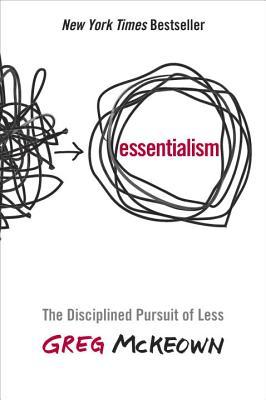
Essentialism: The Disciplined Pursuit of Less, by Greg McKeown
Make no mistake — as any self-help book, this too could be shortened to a medium-sized blog post. Somewhat ironic. Yet, it's a pleasant read, filled with interesting stories and references. In an ongoing battle with the complexities of systems, life and work, I found this book deeply calming.
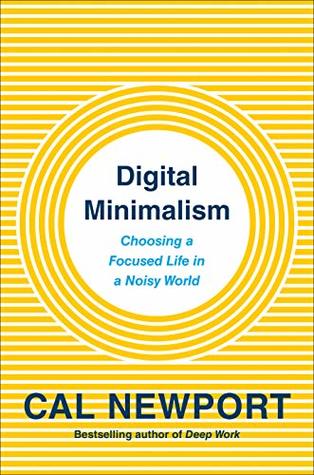
Digital Minimalism, by Cal Newport
Regardless of your level of “readiness” — whether you already think about your digital life a lot or not — this book could be a tremendous motivator and the beginning of a long journey. Cal talks about social media and electronic devices in the same fashion we tend to talk about food or alcohol or vice in general. It's a very good book and I wish more people read it.
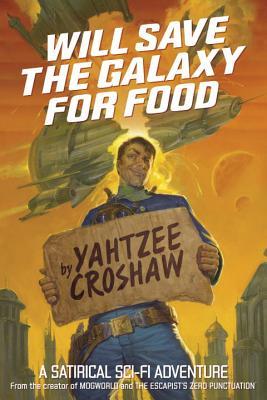
Will Save the Galaxy for Food, by Yahtzee Croshaw
Funny and quirky, feels like a nice TV show, and I mean this in the best possible sense. Yahtzee's narration in the audiobook version is excellent, and I recommend the audiobook over the traditional book. And if you find his voice familiar, then yeah, it's the same Yahtzee that does Zero Punctuation game reviews.
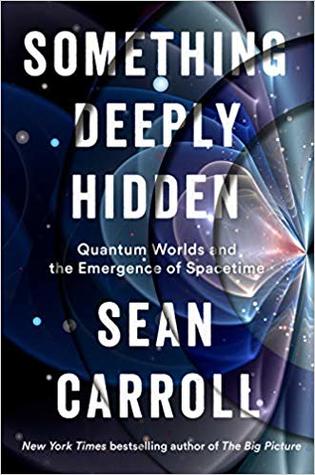
★ Something Deeply Hidden: Quantum Worlds and the Emergence of Spacetime, by Sean Carroll
Sean Carrol, a physicist, wonderful speaker and author, talks about the Many worlds interpretation of quantum mechanics, describes its difficult history and implications. As with his other books (and a fantastic podcast), it's deeply philosophical, engaging and extremely weird, just like our universe. I highly recommend his books and talks to anyone, even if you're not interested in quantum physics in particular.
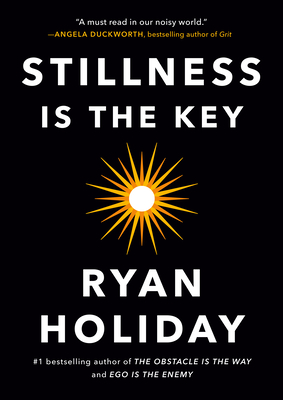
Stillness Is the Key, by Ryan Holiday
Very concise, very well written, beautiful book. But I'd say its goal is to inspire or maybe motivate, but not to teach. Also (and I realize I'm in the minority here), sport and athletes references are extremely non-relatable.
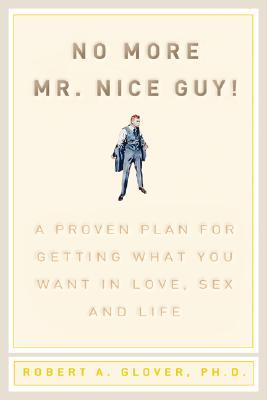
No More Mr. Nice Guy, by Robert A. Glover
Very self-help-y, with all those obnoxious “exercises” and “mantras”, but was very relevant to me. I'm an experienced nice guy and people pleaser, and as I'm trying to change certain aspects of my behavior, I've found this book helpful.
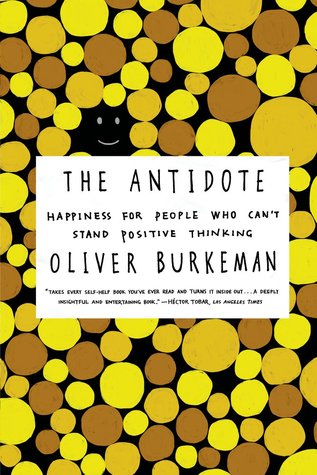
★ The Antidote, by Oliver Burkeman
I really enjoyed the book, but have to admit, it's mostly preaching to the choir. Regardless, it's a very well written and easy to read book which manages to incorporate stories and anecdotes into serious discussions in a non-obnoxious way.
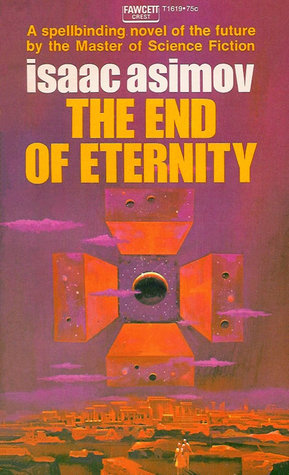
★ The End of Eternity, by Isaac Asimov
Re-reading this for the Nth time. One of my all time science fiction favorites. It's pretty simple, compared to some mind-bending scifi of modern time, but hell, the story, the flow, the scale, it's just great. I'm actually not a fan of Asimov, couldn't ever finish any of the Foundation books. So, if you had tried Asimov and it didn't stick, try “The End of Eternity”.
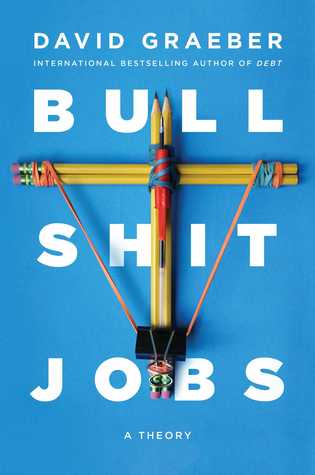
Bullshit Jobs: A Theory, by David Graeber
You know what this is about. No surprises here. The book itself is fun and quirky.
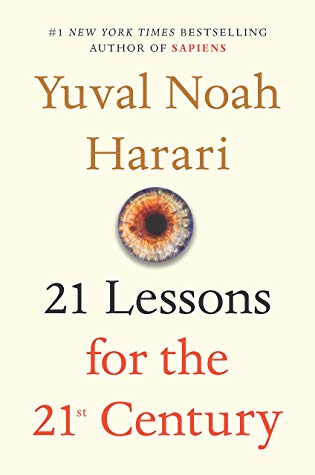
★ 21 Lessons for the 21st Century, by Yuval Noah Harari
A very well written bird's eye view of the humanity landscape. Empathetic and neutral at the same time. I want to Yuval's other books now.
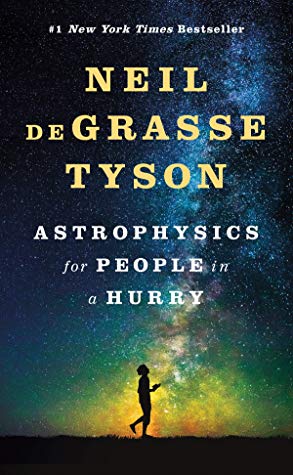
★ Astrophysics for People in a Hurry, by Neil deGrasse Tyson
Neil is great, as always. Entertaining and inspiring overview of astrophysics. His audiobook version is fantastic, too.
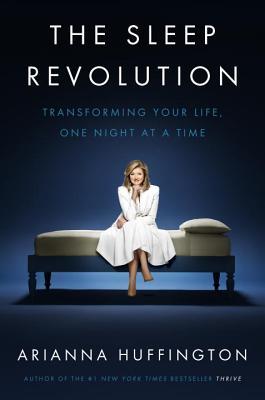
The Sleep Revolution: Transforming Your Life, One Night at a Time, by Arianna Huffington
A terrible way to learn about sleep. Just watch some lectures on YouTube.
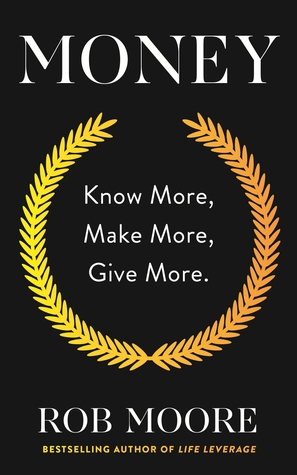
Money: Know More, Make More, Give More, by Rob Moore
Ouch, that was cringy and boring. Wow, I've read some bad books in 2019 for some reason…
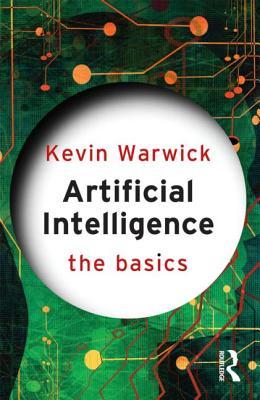
Artificial Intelligence: The Basics, by Kevin Warwick
An okay overview, nicely written, but make no mistake, this is truly the basics.
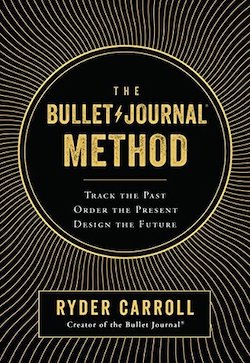
The Bullet Journal Method, by Ryder Carroll
The Bullet Journal method had helped me make sense of a very complicated period of my life, but I haven't used it in years since. This book re-ignited my interest and provided with some inspiration. It's a self-help book, alright, but not too typical. Ryder seems to be a genuinely good person.
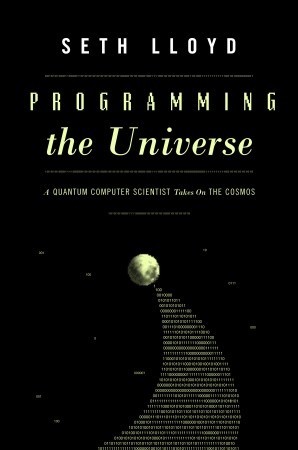
Programming the Universe, by Seth Lloyd
It's a very interesting book, and you should try it. But… I can't recommend it to someone who doesn't know a little bit about quantum mechanics or computing or programming already. It covers a lot of topics and never goes into real explanation. And those time that it does, the metaphors and analogies are the same that other authors and even journalists use. In an attempt to make an approachable book, the author delivers a lot of starting points, but not a lot of meat. Oh, and there are a few illustrations that serve zero purpose, like a full page picture of three balls with arrows, trying to convey the idea of electron spin. But a few pages later there's a complex explanation with multiple changing variables that's impossible to track without re-reading multiple times or taking notes — a great place to actually illustrate!
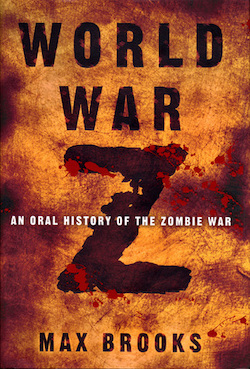
World War Z, by Max Brooks
So cool! The book has nothing to do with the movie though, thank god. It's such a great format, delivered masterfully. The audio book features the author himself, interviewing the zombie war survivors! If you like this one, check out the last chapters of “Lock In” by John Scalzi. It's a similar pseudo-documentary about another kinds of apocalypse.
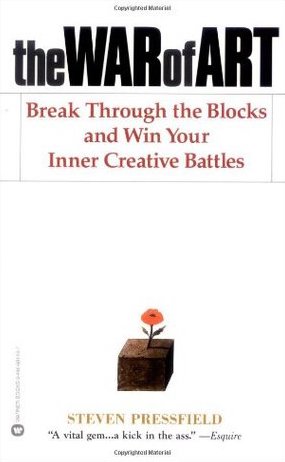
The War of Art, by Steven Pressfield
An interesting idea with good potential — resistance as a somewhat material force that manifests itself as procrastination and other phenomena — leading to nowhere. This book was so promising in the beginning, and utterly underwhelming throughout.
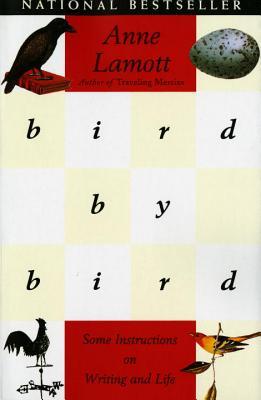
★ Bird by Bird: Some Instructions on Writing and Life, by Anne Lamott
Wonderful, delightful, warm and intimate read. Even though I'm not a fan of the writing style often used in this book, I can honestly appreciate its simplicity, clarity and robustness. It's a no-nonsense, straight writing guide with a person's face.
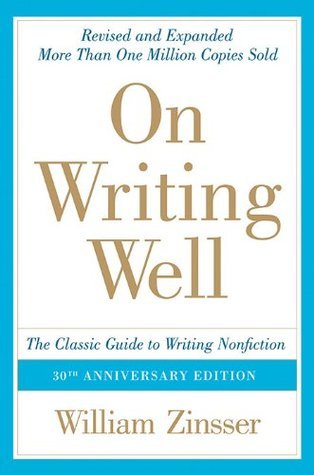
★ On Writing Well: The Classic Guide to Writing Nonfiction, by William Zinsser
If I could incorporate 10% of the ideas and recommendations from this book, I'd be 400% happier about my writing. Read this book if you write anything, even if it's limited to twitter. If you blog, then there's no excuse not to pick this up and always have it on your desk.
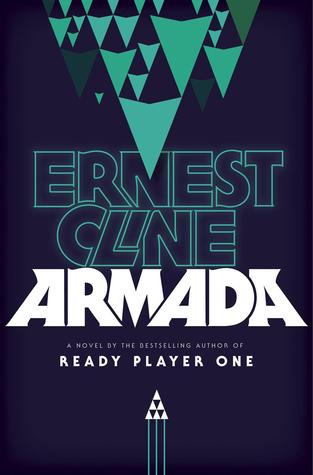
Armada, by Ernest Cline
I've enjoyed it, in the same way I've enjoyed silly teen movies. I really wanted to love this, several years after reading “Ready Player One”, but alas, Armada was too shallow, too predictable and too… basic? It felt so much like a recipe: a nerd outcast protagonist, a father figure, nerd and non-mainstream culture, everyone is always in on the jokes, mix-tapes and old movies… There is no depth about anything: characters, plot, ideas, twist. Several anti-climaxes along the way and extremely predictable ending. In general, this feels exactly how it tries not to feel: pop-culture-y, cheap, youtube-attention-seeker-y and clickbait-y. Ernest Cline has to expand, or he will become “that guy who writes about geeks”, while his intended target audience grows disappointed.
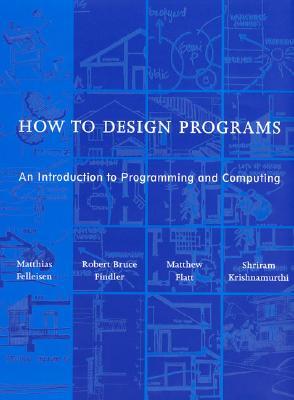
★ How to Design Programs: An Introduction to Programming and Computing , by Matthias Felleisen, Robert Bruce Findler, Matthew Flatt
Solid, comprehensive introduction to programming. I'm not sure I'd recommend this book freely, since I'd need to know a little bit about the person first. This is not for everybody, just like SICP (even more so). I think HTDP's primary use case is being a textbook with a good, passionate teacher. If only CS departments could replace useless “software engineering” and “Java OOP” courses with a multi-course series based on HTDP and/or SICP, we'd live in a better place.
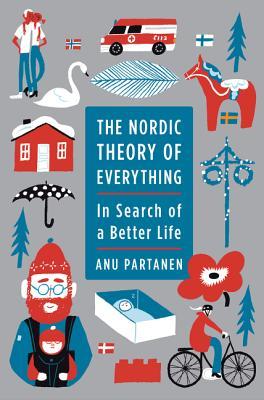
The Nordic Theory of Everything, by Anu Partanen
Didn't finish this book, but only because I'm very much not the target audience. It's one of those “Hey, Americans, check out this not American thing, can you believe that, crazy, right?” reads.
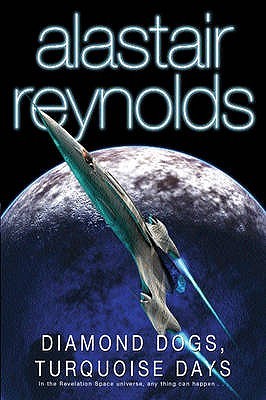
★ Diamond Dogs, Turquoise Days, by Alastair Reynolds
Two wonderful novellas, filled with the spirit of adventurous and mysterious science fiction. Turquoise Days is my favorite.
2018
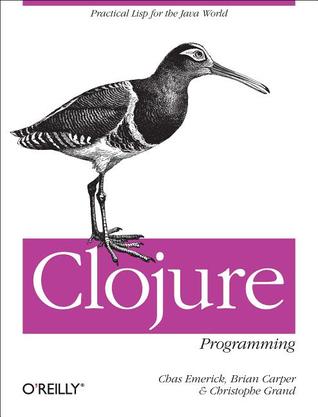
Clojure Programming, by Chas Emerick
Expansive Clojure primer and a deep dive. I have skipped a few chapters due to cheer overload of information. Will have to come back to this book later in 2019, I think.
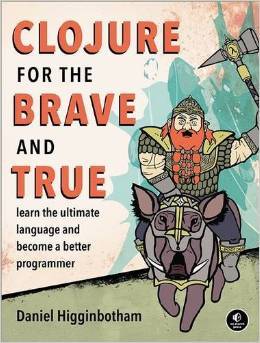
★ Clojure for the Brave and True, by Daniel Higginbotham
One of the best programming books I've read, and the best one about Clojure. The only issue I have with books like that is the nature of examples and exercises: they never have anything to do with the reality. This feels natural to a playful and fun book, but still, I would've loved something more realistic and maybe practical than hobbit vampires battle systems. Oh, and it has a good chapter on Emacs, which motivated me to explore and eventually fall in love with it.
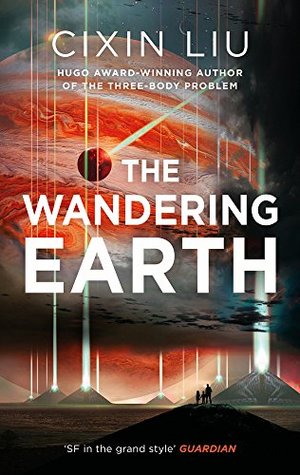
★ The Wandering Earth, by Liu Cixin
Short sci-fi stories that bring me back into the magic state of limitless exploration and childhood wonder.
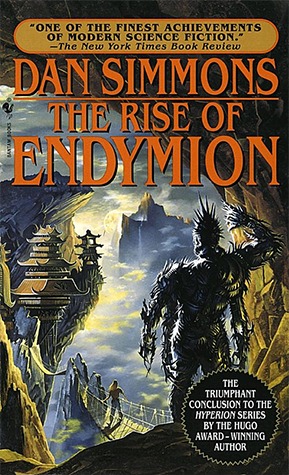
★ The Rise of Endymion, by Dan Simmons
Oh. My. God. This is the fourth book in the Hyperion Cantos series and it's as deep, as engaging, as colorful and as majestic as the first three. As of 2018, this series is my favorite fiction book.
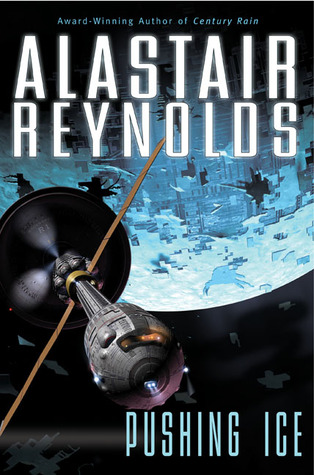
Pushing Ice, by Alastair Reynolds
Re-reading this after two years. Maybe a bit too long, but a fantastic book nevertheless. Scope, story, ideas and overall atmosphere are just great. Characters and the third quarter of the story aren't too engaging to be honest.
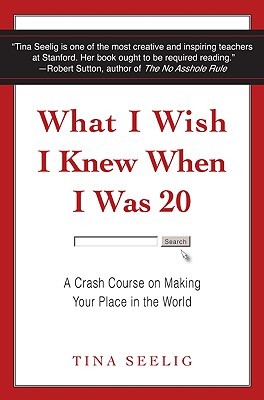
What I Wish I Knew When I Was 20, by Tina Seelig
It's a nicely written book with nicely formulated ideas, but I expected a deeper exploration. I think I'd have more to say to 20-years-old-me after decades of experience.
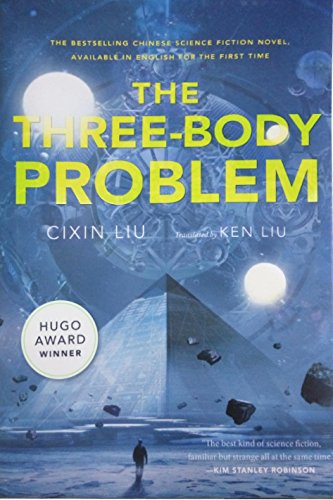
The Three-Body Problem, by Liu Cixin
After first 20 minutes I was convinced this isn't for me, but I decided to go a bit further and, oh man, I'm glad I did. This kind of science fiction is exactly what I was looking for and was missing for many years. It brings me back to my first encounters with engaging literature in childhood. The story takes you away not just into foreign lands, but into foreign ways of being, thinking and comprehending reality. The best news is that there are two more books in the series!
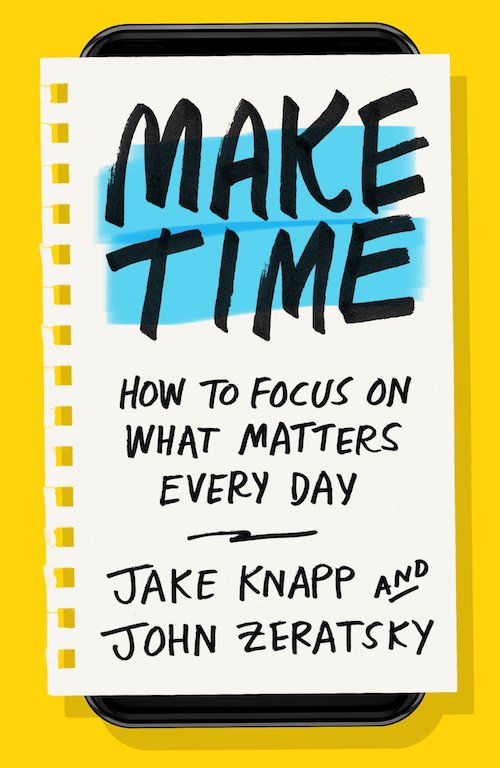
Make Time: How to Focus on What Matters Every Day, by Jake Knapp, John Zeratsky
Gotta stop wasting time reading these feel-good books. I can imagine them being very useful, anyway.
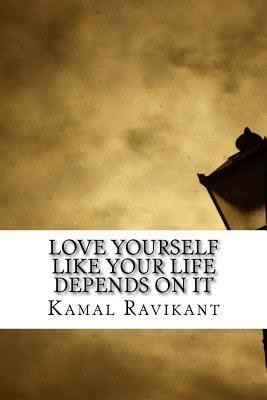
Love Yourself Like Your Life Depends on It, by Kamal Ravikant
Well… I really want to be able to be affected by books like that, but I don't think I am. It's a wonderful read nevertheless.
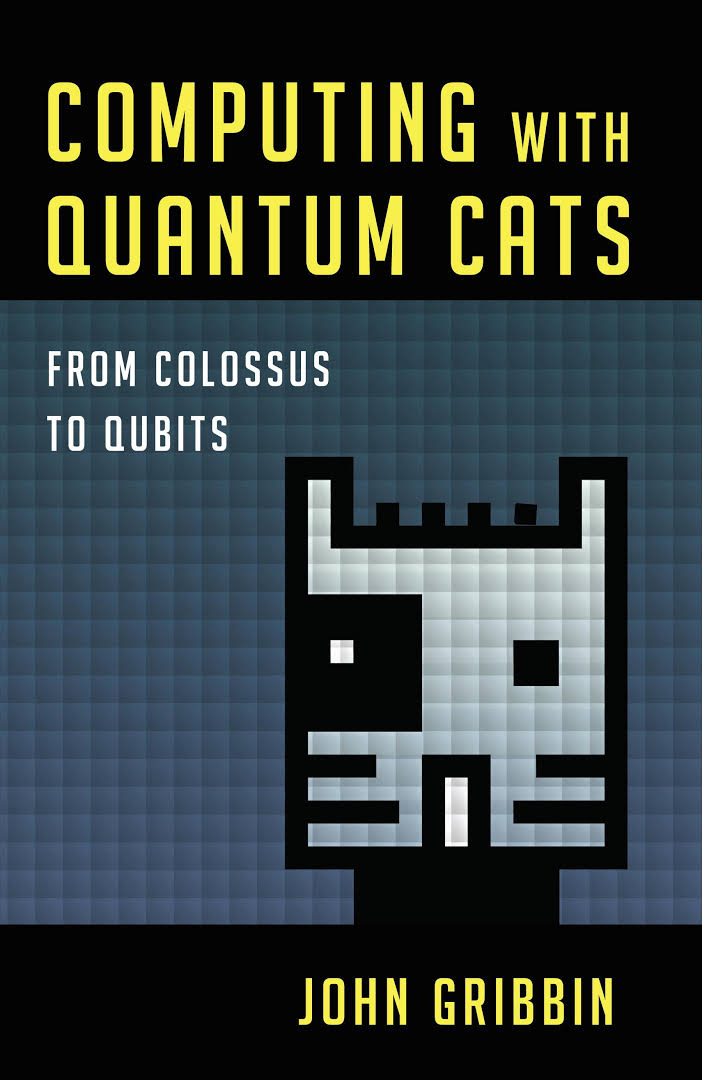
Computing with Quantum Cats: From Colossus to Qubits, by John Gribbin
Such a good and engaging writing, but so underwhelming. I expected to read about how quantum computers work, since it's a very complex and hard-to-explain concept. But this book doesn't really go anywhere near real explanations. It's mostly biographies of people and historic facts surrounding the evolution of computing. You will not learn anything about quantum computation from it.
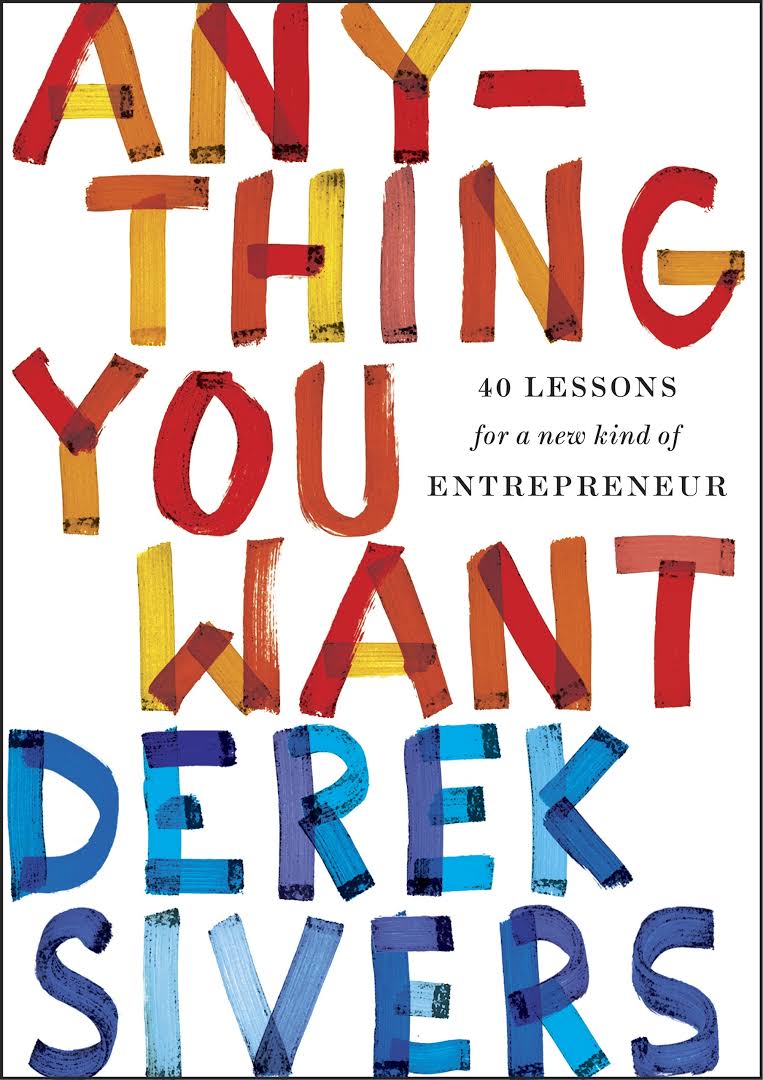
Anything You Want, by Derek Sivers
A good book for someone who isn't interested in the obnoxious startup craze, but rather wants to build something they care about. Short, interesting, extremely non-boring.
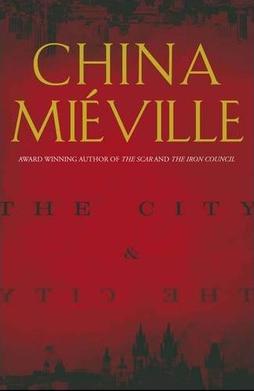
The City & the City, by China Miéville
What a delightful, unique experience that was! Fresh and original, “fantasy science fiction”. Not a big fan of detective stories and noir, but this is something else.
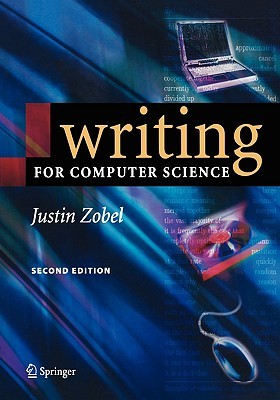
Writing for Computer Science, by Justin Zobel
Even though it is aimed at scientists writing papers, this book is very useful to anybody writing about computer programming and mathematics. Highly recommended if you write any sort of technical non-fiction, really. Especially documentation or tutorials.
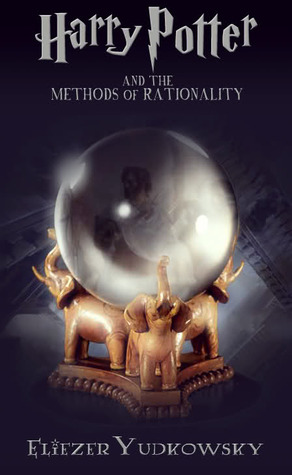
Harry Potter and the Methods of Rationality, by Eliezer Yudkowsky
I liked the first 10% of the book because it was full of promise, and the last 5% because it was finally ending. Cool idea, meandering execution, utterly non-rewarding. I've seen some reviewers complaining about “too much scientific stuff”, but there wasn't enough! Every time it came to some clever muggle science and magic crossover, I was excited like a little kid, but every time it was abrupt and anticlimactic. No experiments, no exploration, no curiosity at all. I got hooked by the promise of a “scientific Harry Potter finally being a sane person”, which, I now realise, was more of a wishful thinking on my part. So I can say I didn't enjoy this book as much as I expected presicely because I had some pretty specific expectations. The book is exhausting in its self-absorbed “rationality”. I found myself bored quite often, but kept insisting on the temporary nature of it, since so many smart people were raving about it. Also, actions don't seem to have consequences in this universe, so after reading about a third of the book, I lost all interest and couldn't manage to invest emotionally into the story or the characters.
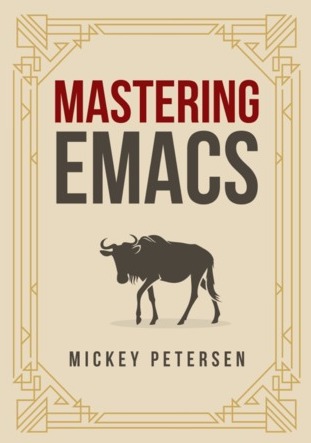
Mastering Emacs, by Mickey Petersen
A very good book about Emacs. Lots of details, but not too much, so that you don't feel overwhelmed. It teaches you how to learn and explore yourself, which is often overlooked by authors.
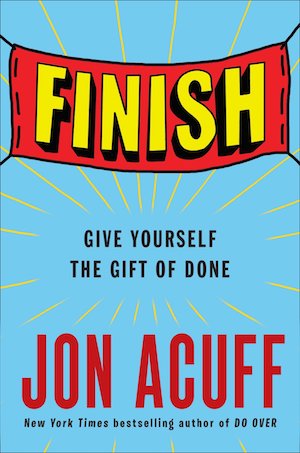
Finish, by Jon Acuff
It's a self-help book, alright. It's very nicely written and I enjoyed it. But, as always, it can be summed up in a short blog post. But hey, it was entertaining!
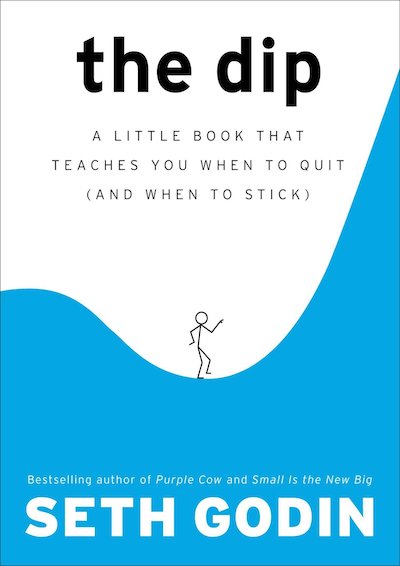
The Dip, by Seth Godin
Short, concise, quite important to me. I have troubles deciding when to quit, and I think I made multiple mistakes of not recognizing the context in which making a decision (any decision!) was paramount.
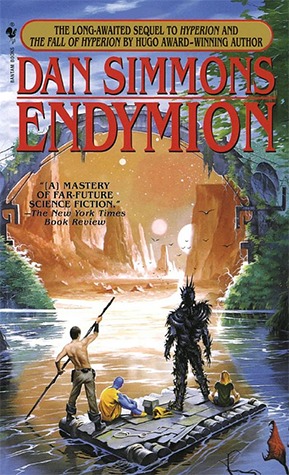
★ Endymion, by Dan Simmons
It's one of those books that I actually hope won't be made into a movie any time soon, since it's so good and the universe is so humongous, I can't imagine a non-disappointing movie adaptation. (another one of those is the Chronicles of Amber series by Roger Zelazny). Endymion is 3rd in the Hyperion Cantos, and because the story is so much further in time from the original 2 parts of Hyperion, I hesitated before starting it. I just didn't expect it to be as good. I thought “well, all the good parts are over now, and the civilisation has ended”. Deeper religious connotations didn't attract me either. But oh man was I wrong! Endymion is on par with the first two books. It feels extremely natural and authentic. I guess the whole cantos should be considered as one huge book, that's it. It's different, though. Unlike the first two books, there aren't that many characters to keep track of. The story is simpler indeed, but it's still intriguing in its complexity. If you like space operas, I highly recommend it.
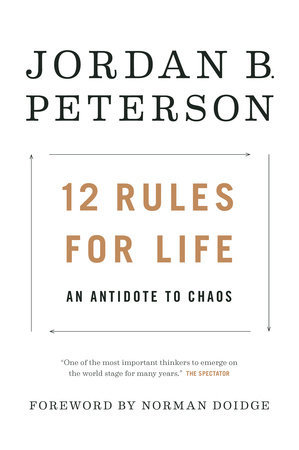
12 Rules for Life, by Jordan B. Peterson
One of the most important books for me as far as non-fiction goes. Philosophy, religion and psychology under the mask of a self-help book.
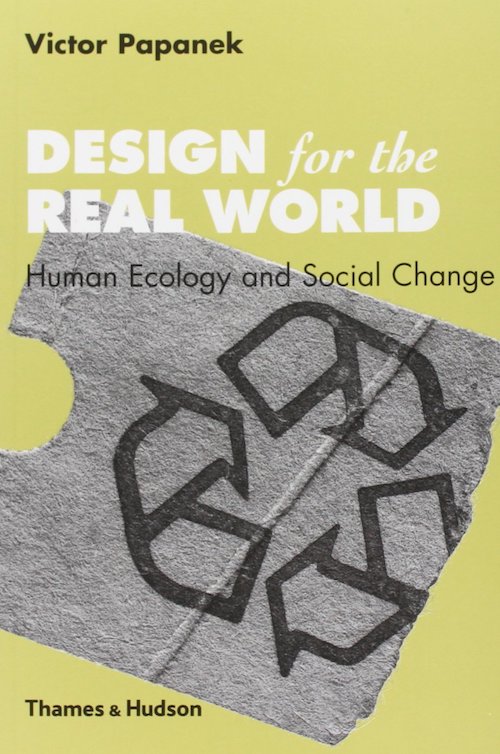
Design for the Real World: Human Ecology and Social Change, by Victor Papanek
I got somewhat sad after reading this book. It's wonderful, but the contrast between the ideas and values expressed in it and the reality of our disposable, badly designed world are striking. ‘Sustainable’ became a gimmick, a filler word for presentations just like ‘organic’ or ‘natural’. Why would anything be not sustainable? Why would anyone design something non sensible? Why can anybody not feel responsibility when designing things? Well, let's party while we can, I guess…
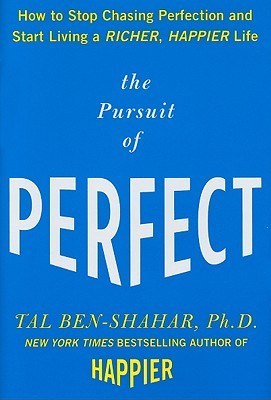
The Pursuit of Perfect, by Tal Ben-Shahar
Many people call themselves perfectionists, but, to be honest, most of them aren't in most cases. But every once in a while there is a time, a certain set of circumstances where you can't do anything but strive for the impossible. This is a great little book about perfectionism. And yes, I will end this sentence with a comma,
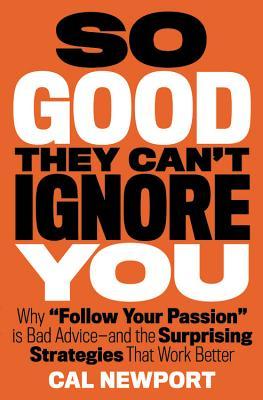
So Good They Can't Ignore You, by Cal Newport
A nicely written case against the ‘follow your passion’ advice with a well-defined career-building strategy. As many non-fiction sel-help books, could be at least 10 times shorter, but hey, it's pretty good.
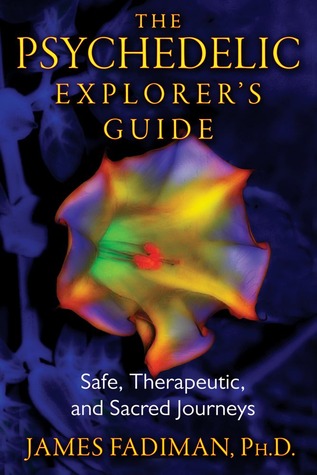
The Psychedelic Explorer's Guide: Safe, Therapeutic, and Sacred Journeys, by James Fadiman
This is a fascinating topic, and there's a lot of BS floating around it. This book is one of the good ones.
2017
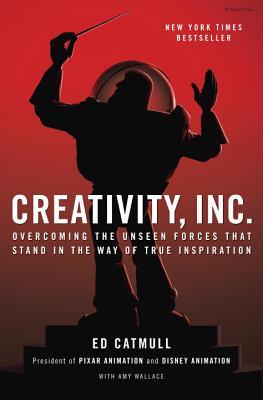
★ Creativity, Inc, by Sheryl Sandberg, Adam Grant
I didn't expect it to be this interesting and insightful. Great book. Recommended to anyone in the creative and managerial industry.
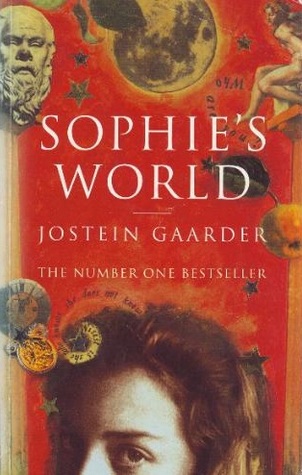
Sophie's World, by Jostein Gaarder
A beautiful and gentle overview of philosophy. Nice read.
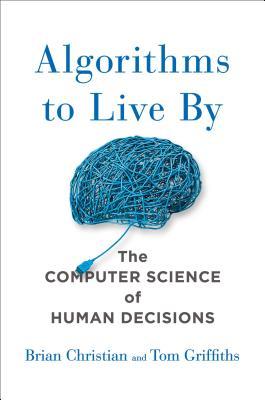
Algorithms to Live By, by Brian Christian, Tom Griffiths
One of the few books that successfully brings CS into everyday life. We need more books like this. An audiobook is also available, but this one is better on paper.
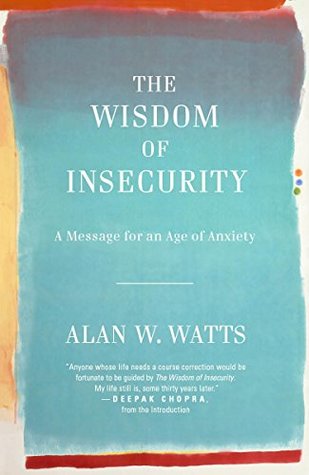
★ The Wisdom of Insecurity: A Message for an Age of Anxiety, by Alan Watts
Can't go wrong with Alan Watts.
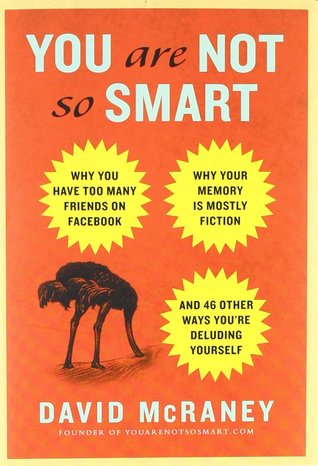
You Are Not So Smart, by David McRaney
More like a series of blog posts than a cohesive narration, but still a fantastic book about most common cognitive gotchas.
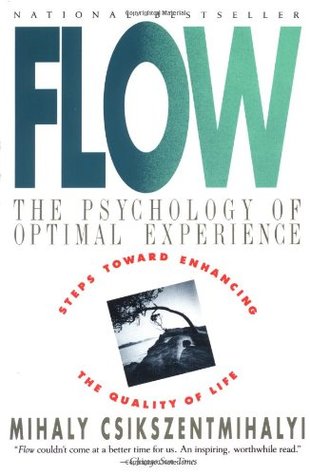
★ Flow: The Psychology of Optimal Experience, by Mihaly Csikszentmihalyi
It's one of those things that make perfect sense once you think about it. Great book, very important premise and a short and concise explanation. Can't recommend enough.
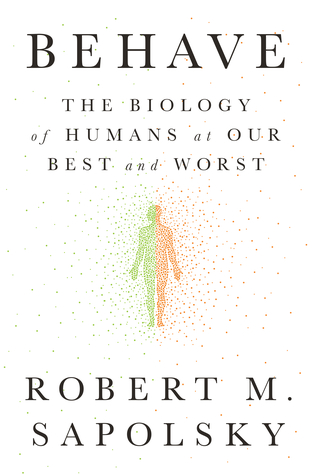
★ Behave: The Biology of Humans at Our Best and Worst, by Robert M. Sapolsky
What a great book! A lot of interesting research and anecdotal data. Changes your perception of human behavior quite a bit. There's also an audio version narrated by the author. And a series of free Stanford lectures available on Youtube.
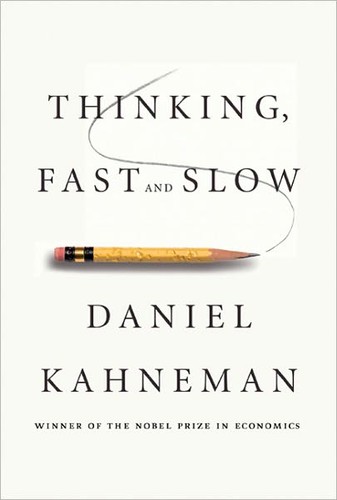
★ Thinking, Fast and Slow, by Daniel Kahneman
It's a great book. I wish it was shorter though.
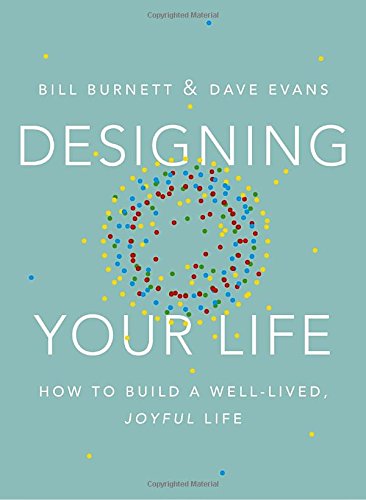
Designing Your Life: How to Build a Well-Lived, Joyful Life, by Bill Burnett, Dave Evans
Feel-good meh.
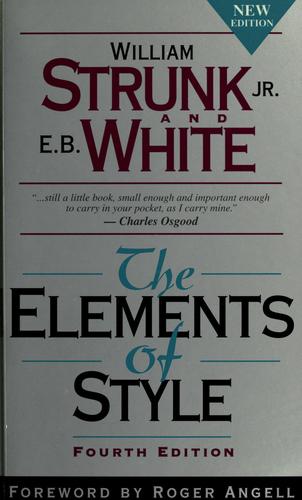
★ The Elements of Style, by William Strunk Jr., E.B. White
I wish everybody read this book. The surprising thing is that many aspects and recommendations apply to virtually any language, not specifically English.
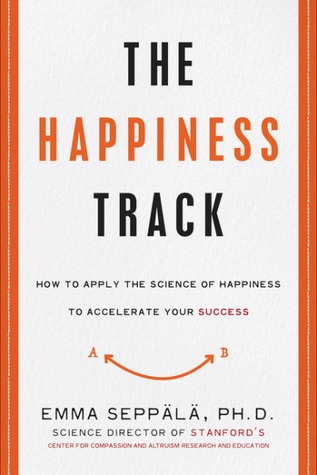
The Happiness Track: How to Apply the Science of Happiness to Accelerate Your Success, by Emma Seppälä
It's… okay.
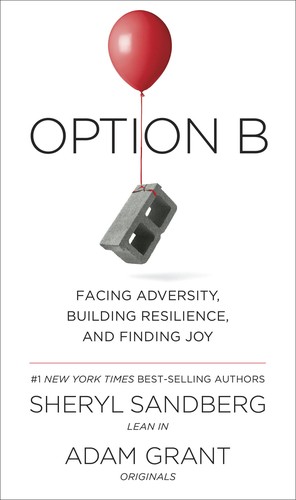
Option B: Facing Adversity, Building Resilience, and Finding Joy, by
I guess it's not for everyone.
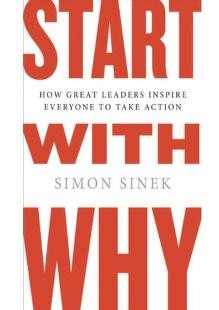
Start with Why: How Great Leaders Inspire Everyone to Take Action, by Simon Sinek
It was a great 5 minute TED talk, but making a book out of it is meh. Very repetitive and self-conscious. Nothing new here.
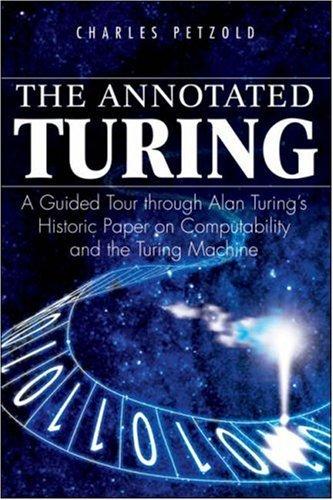
★ The Annotated Turing: A Guided Tour Through Alan Turing's Historic Paper on Computability and the Turing Machine, by Charles Petzold
I guess you can't go wrong with Charles Petzold. This book is excellent and highly recommended to anyone interested in computing. Must read for computer science students and software developers.
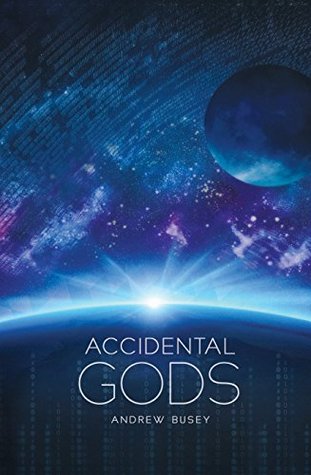
Accidental Gods, by Andrew Busey
Pretty cool idea, a somewhat rushed execution.
2016
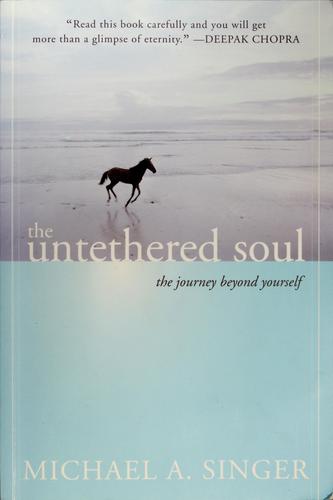
The Untethered Soul: The Journey Beyond Yourself, by Michael A. Singer
One of the good ones. If you're interested in mindfulness and the nature of consciousness, check this out.
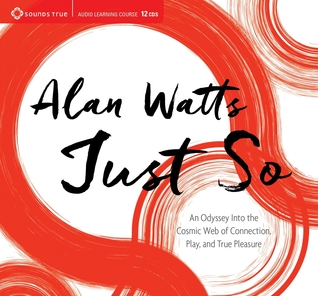
★ Just So: An Odyssey Into the Cosmic Web of Connection, Play, and True Pleasure, by Alan Watts
One of the best things I had the pleasure to listen to.
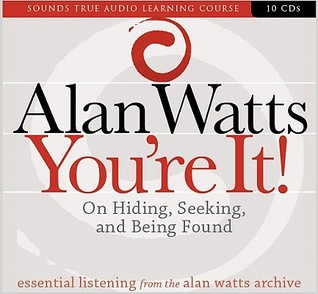
★ You're It! On Hiding, Seeking, and Being Found, by Alan Watts
Love it. Can't get enough. The series of lectures by Alan Watts did shape a lot of my life.
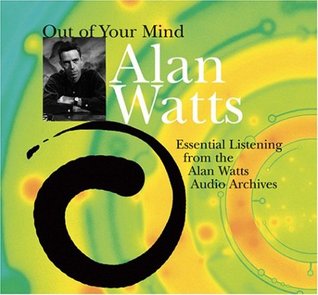
★ Out of Your Mind: Essential Listening from the Alan Watts Audio Archives, by Alan Watts
Words are tools to hide truth. I can't say much about these recordings and books by Alan Watts. It wouldn't be fair to do so.
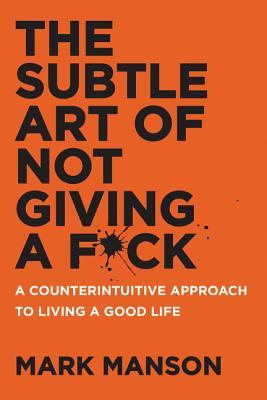
The Subtle Art of Not Giving a F*ck: A Counterintuitive Approach to Living a Good Life, by Mark Manson
One of those cases when a nonfiction book can be 10 times shorter, but you don't really want it to be, since is's so fun and interesting. Author's style is fantastic.
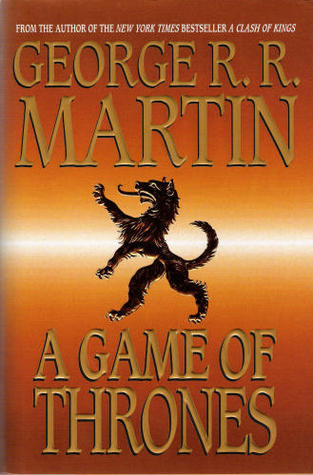
A Game of Thrones, by George R.R. Martin
First fantasy since LOTR that pulled me in mercilessly.
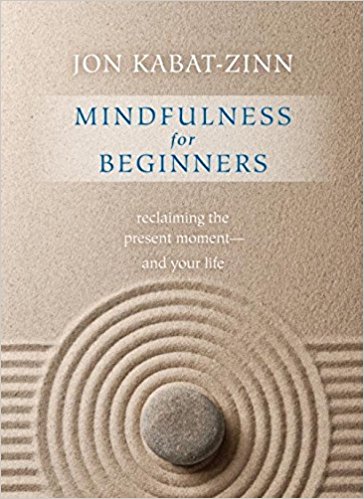
Mindfulness for Beginners, by Jon Kabat-Zinn
This book is hugely popular for the reasons I can't really understand. It's… okay, I guess. But I don't really think it is “for beginners”.
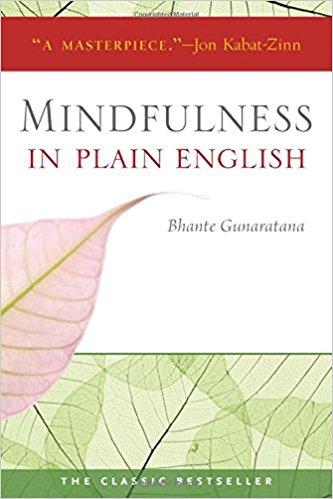
★ Mindfulness in Plain English, by Henepola Gunaratana
One of the best books on mindfulness. No frills, no BS, straight to the point. I guess, if you could pick one book in the topic, I'd go for this one.
2015
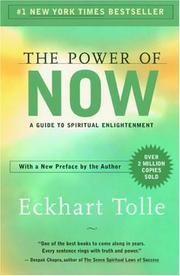
The Power of Now, by Eckhart Tolle
You have to ignore (or interpret) some parts, but in general there is no doubt Eckhart Tolle is an enlightened being.
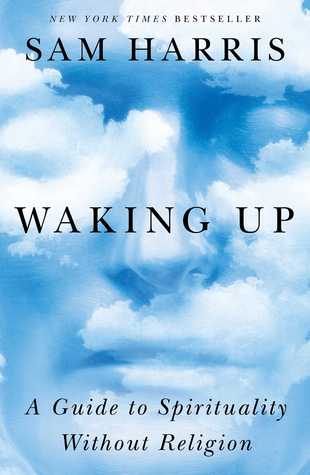
★ Waking Up: A Guide to Spirituality Without Religion, by Sam Harris
Good, concise and straight-forward exploration of spirituality. Loved it.
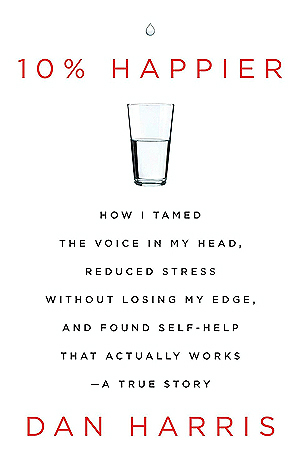
10% Happier, by Dan Harris
Nice and entertaining introduction to the ideas of mindfulness and meditation.
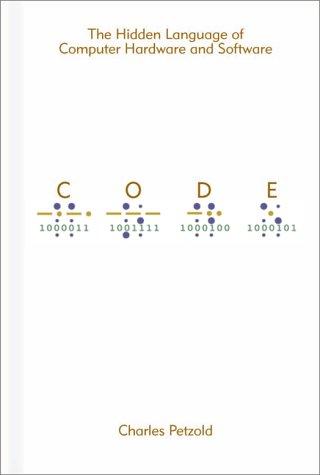
★ Code, by Charles Petzold
Woah, what a ride! An excellent explanation of how computers work, starting from scratch. Really, from scratch.
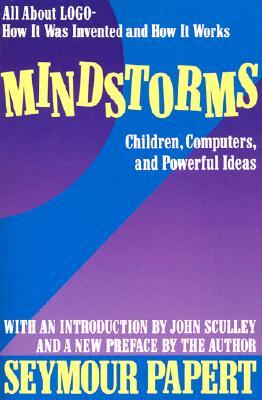
Mindstorms: Children, Computers, And Powerful Ideas, by Seymour Papert
The only regret I have is not reading this book 5 years earlier. Also, not every single teacher on the planet did read this — what a shame.
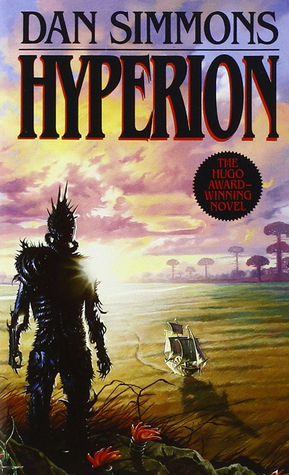
★ Hyperion, by Dan Simmons
One of the best and definitely the scariest space opera. The universe Dan Simmons had created is enchanting.
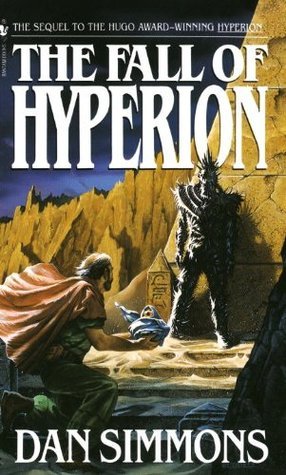
★ The Fall of Hyperion, by Dan Simmons
Absolutely brilliant!
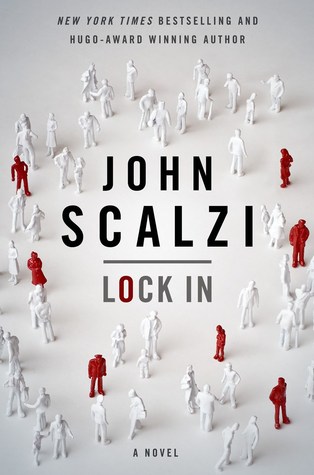
Lock In, by John Scalzi
Somewhat simple, but still great. I guess we'll see a mediocre Hollywood adaptation (or a TV show perhaps) soon.
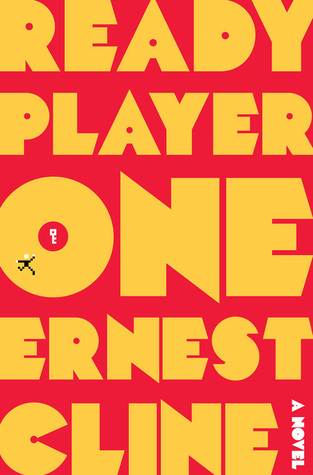
★ Ready Player One, by Ernest Cline
Loved it! Geeky, nostalgic, lots of action and lots of cool ideas. The pace is great, and it's hard to pull off in a book this large.
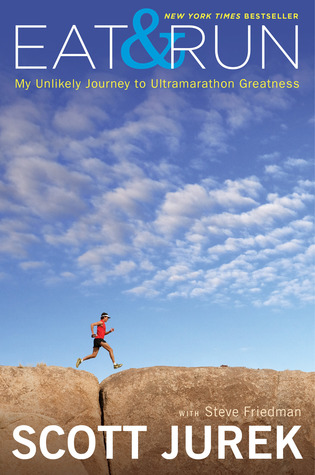
Eat and Run: My Unlikely Journey to Ultramarathon Greatness, by Scott Jurek, Steve Friedman
This was a great motivation when I started running, but it's a very niche book.
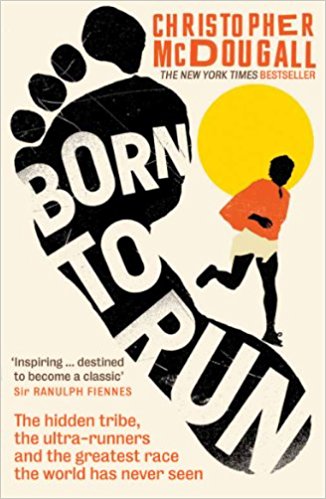
Born to Run, by Christopher McDougall
Fascinating stories and science behind epic runners. If you're getting into running or just interested — check this out.
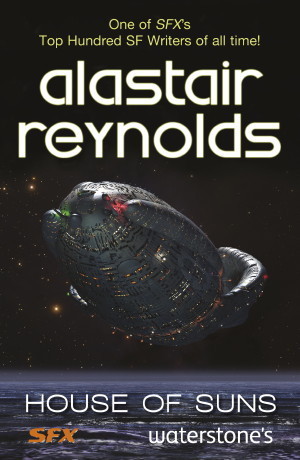
★ House of Suns, by Alastair Reynolds
One of the best sci-fi and deep space opera books for me. If you love space and scientifically ~accurate fiction — do explore Alastair Reynolds’ worlds.
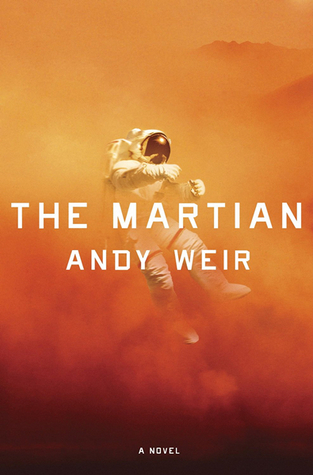
★ The Martian, by Andy Weir
When an engineer or a scientist decides to write science fiction, it's usually either very bad or very good. This one is very good.
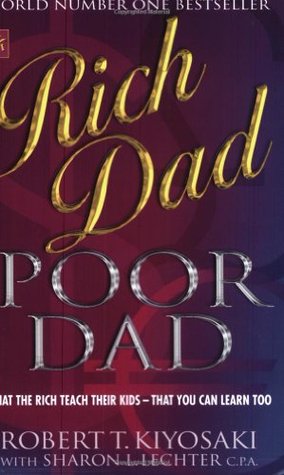
Rich Dad, Poor Dad, by Robert T. Kiyosaki
Good’ but can be around 500 times shorter.
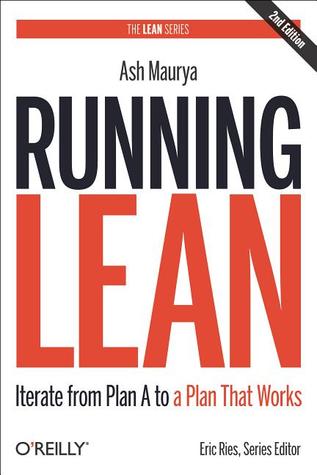
★ Running Lean: Iterate from Plan A to a Plan That Works, by Ash Maurya
I prefer and recommend this over the canonical “Lean Startup”
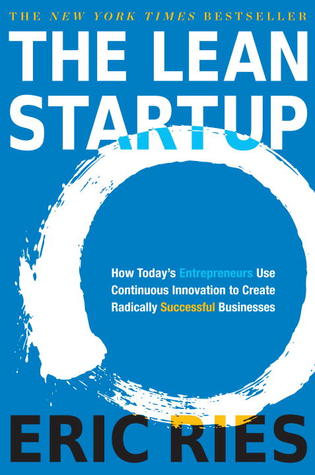
★ The Lean Startup, by Eric Ries
Of course, you can't not read The Lean Startup if you… actually, in any case! Do read it!
pre-2015
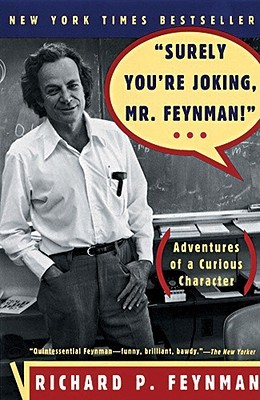
★ Surely You're Joking, Mr. Feynman!: Adventures of a Curious Character, by Richard Feynman
Feynman was a Teacher. This book is as fantastic as the man himself.
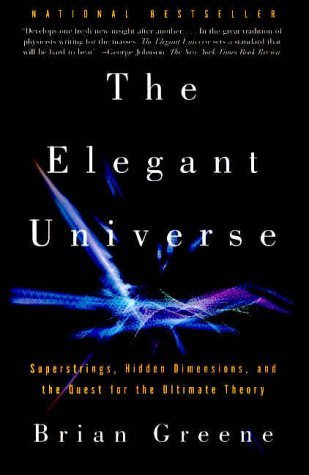
★ The Elegant Universe: Superstrings, Hidden Dimensions, and the Quest for the Ultimate Theory, by Brian Greene
String theory for the masses. This is how popular science books should be like: interesting, enchanting, inviting.
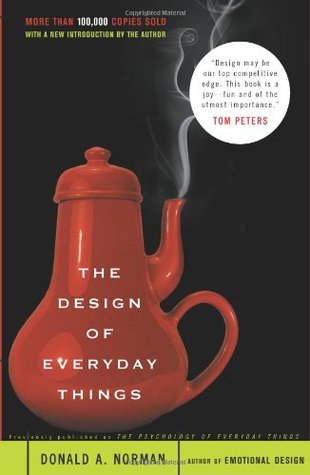
★ The Design of Everyday Things, by Donald A. Norman
Must read not only for designers, but for software developers too, even if you develop backend exclusively. I wish everybody read it really.
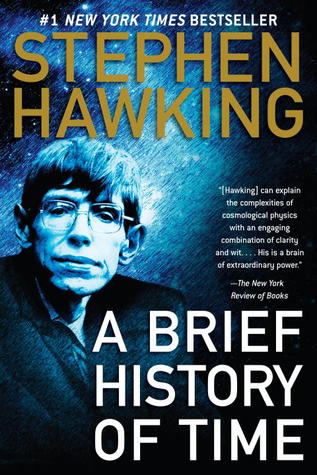
★ A Brief History of Time, by Stephen Hawking
Talking about quantum physics and singularity is hard. This book makes it seem easy. Loved it.
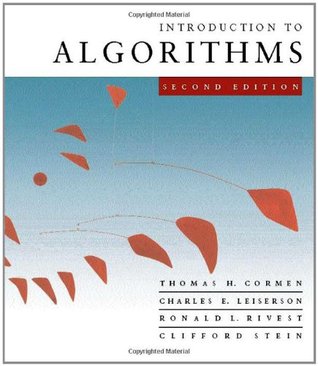
★ Introduction to Algorithms, by Thomas H. Cormen, Charles E. Leiserson, Ronald L. Rivest, Clifford Stein
Spent endless hours digging through The Book. It's very well written and organized and was a tremendous help in my CS studies.
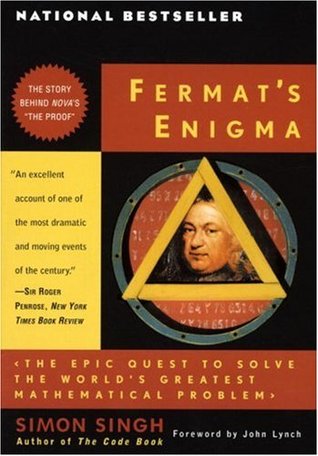
★ Fermat's Enigma: The Epic Quest to Solve the World's Greatest Mathematical Problem, by Simon Singh
The book that sparked my interest in discrete math and abstract algebra. Other books by Simon Singh are also fantastic.
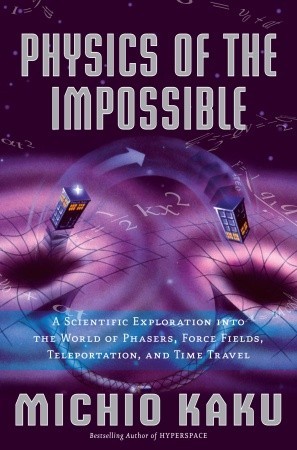
Physics of the Impossible: A Scientific Exploration Into the World of Phasers, Force Fields, Teleportation, and Time Travel, by Michio Kaku
It's a very interesting book, but for some reason Michio Kaku's style doesn't spark me as much as Briane Greene's or Stephen Hawking's or Neil deGrasse Tyson's.
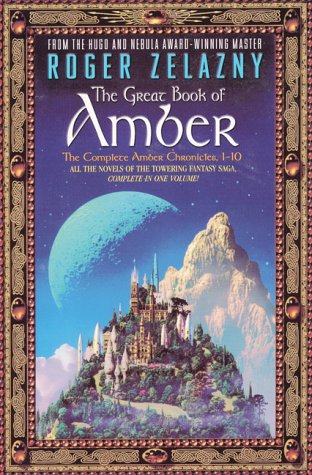
★ The Chronicles of Amber, by Roger Zelazny
One of the top 3 books in my life.
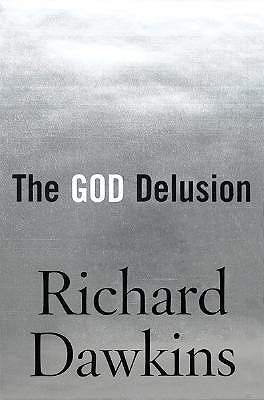
The God Delusion, by Richard Dawkins
Militant atheism is entertaining, but generally counter productive.
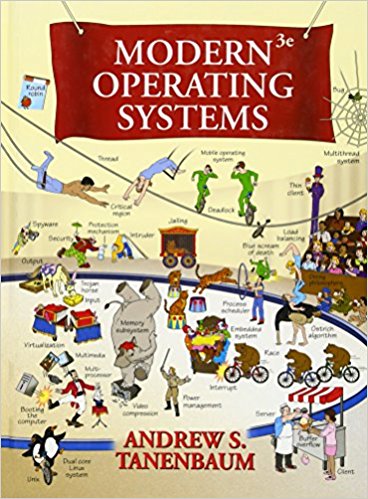
Modern Operating Systems, by Andrew S. Tanenbaum
I really enjoyed reading this textbook even after finishing the corresponding course.
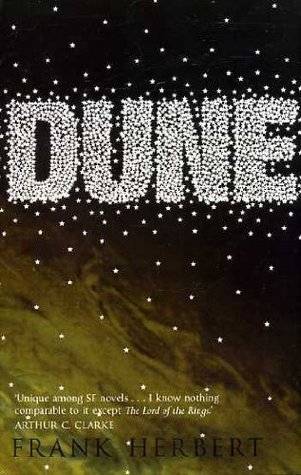
★ Dune, by Frank Herbert
No way around it — Dune is probably the best science fiction I've ever read.
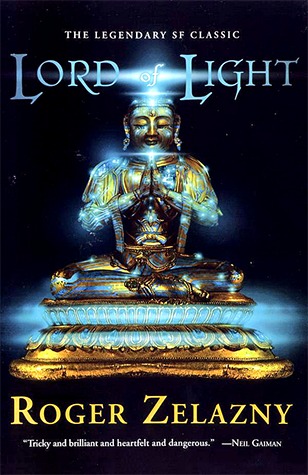
★ Lord of Light, by Roger Zelazny
Back in high school this book had changed the way I perceive reality and science fiction.
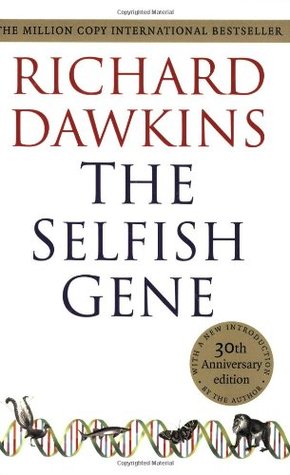
★ The Selfish Gene, by Richard Dawkins
Having an interest in genetics and molecular biology, I was completely enchanted by the narrative.
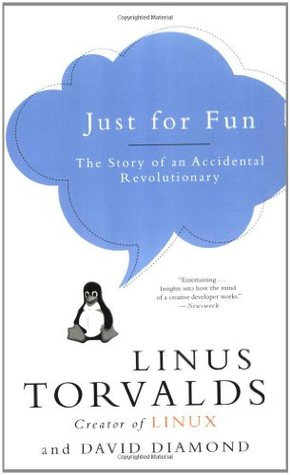
Just for Fun: The Story of an Accidental Revolutionary, by Linus Torvalds, David Diamond
Nicely written and an entertaining story of Linus Torvalds and the creation of Linux kernel. I read it in high school and it definitely strengthened my interest in computer programming.
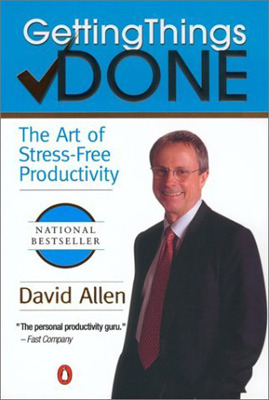
Getting Things Done: The Art of Stress-Free Productivity, by David Allen
I don't do GTD now, but the book is very good even if you don't plan to follow the methodology to the word.
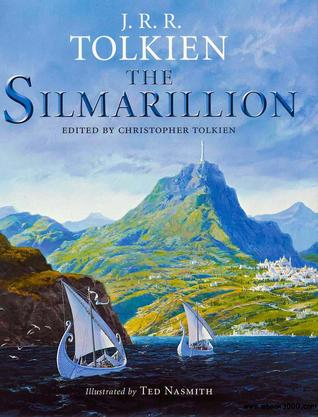
The Silmarillion, by J.R.R. Tolkien
Middle-Earth's bible, myths and legends. Loved at the time.
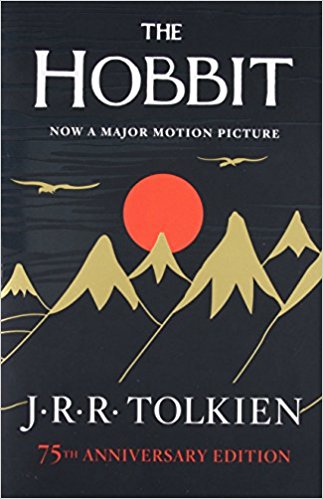
The Hobbit, by J.R.R. Tolkien
Having read this after LOTR, it was fun but underwhelming. Starting from scratch, it's definitely better to start with The Hobbit.
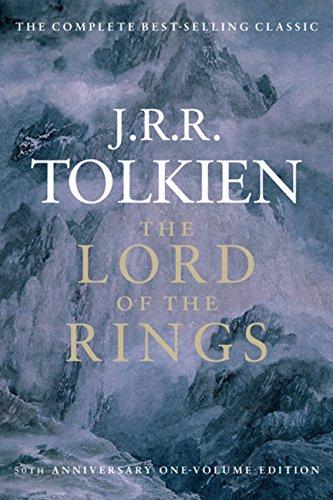
The Lord of the Rings, by J.R.R. Tolkien
What can I say? Seems like I spent most of my free time in this universe back in high school…
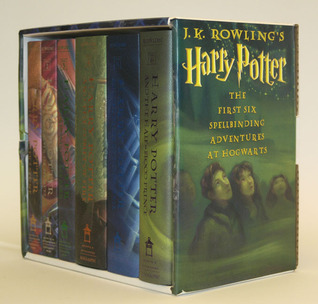
Harry Potter series, by J. K. Rowling
Ah, high school memories! Seems like this series was an important part of my childhood.
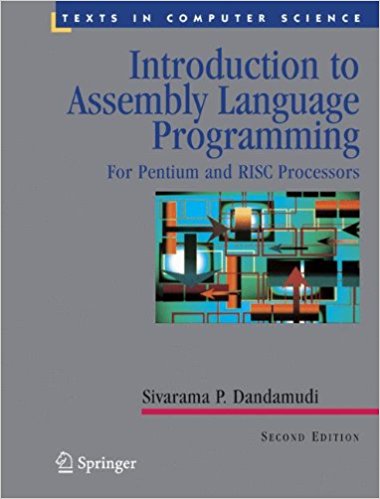
Introduction to Assembly Language Programming: From 8086 to Pentium Processors (Undergraduate Texts in Computer Science), by Sivarama P. Dandamudi
Dark nights, lots of coffee… This was fun!